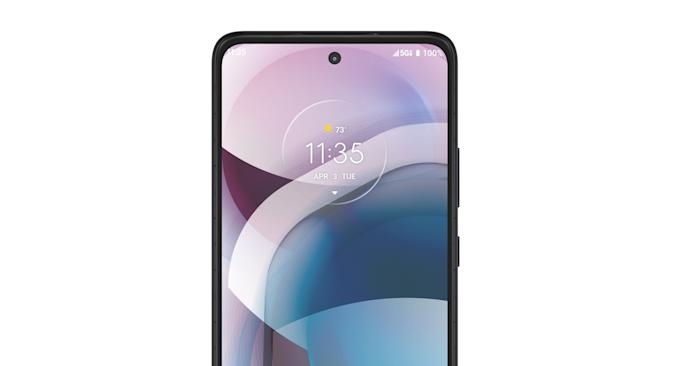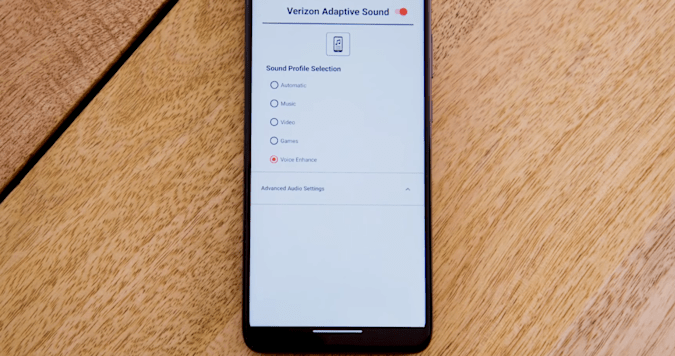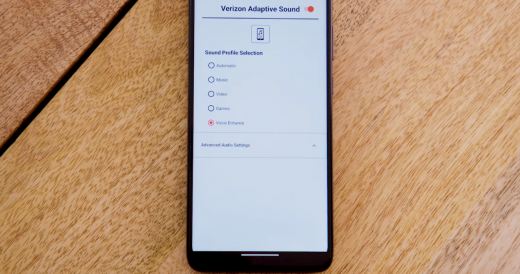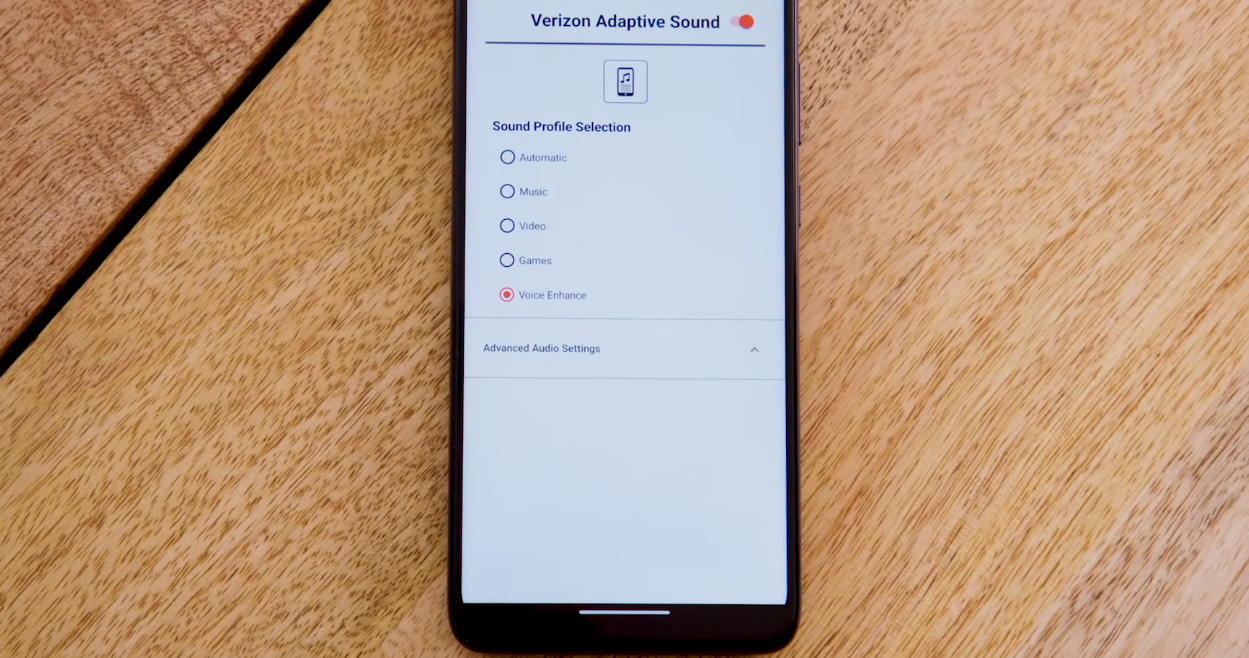Verizon says its version of spatial audio doesn’t need specific gear or content
Verizon says its version of spatial audio doesn’t need specific gear or content
Verizon Adaptive Sound is making its debut on a new Motorola smartphone.


Verizon (Engadget’s parent company) has created a version of spatial audio it says doesn’t require specific headphones, earbuds or speakers. The first device to use Verizon Adaptive Sound tech is the Motorola One 5G UW Ace smartphone, which is available starting today.
Verizon suggests Adaptive Sound converts just about any content to spatial audio, whereas Apple’s Spatial Audio or Sony’s 360 Reality Audio require special content. It works with Dolby Atmos, as does Apple’s version of the tech.
Play any music, video or a game and Adaptive Sound will optimize the content for your device automatically, according to Verizon. You’ll be able to adjust some settings, such as treble, bass, spatial and voice options. You’ll have sound profiles to pick from too.

Verizon plans to bring the tech to more upcoming devices. Some current devices will gain access to Adaptive Sound as well via software updates.
It remains to be seen how well Adaptive Sound works compared with other takes on spatial audio and content that’s designed to play 360-degree sound. In any case, it’s interesting to see a carrier develop its own spin on spatial audio.
Meanwhile, the Motorola One 5G UW Ace seems similar to the One 5G Ace that emerged earlier this year. It features a 6.7″ Full HD+ display, Snapdragon 750G 5G processor and 48MP camera. The phone costs $300 outright.
(20)



